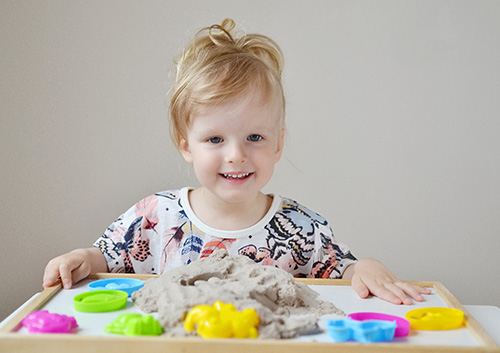Surprising Ways to Prevent Cavities
November 23rd, 2022

There are numerous ways to prevent cavities. Some, like brushing your teeth regularly and visiting our Tallahassee, FL office, are more obvious than others. Beyond the standard methods of preventing cavities there are a number of different ways to keep your mouth healthy that you might also find surprising.
1. Reduce your consumption of carbs and sugar.
The consumption of sugar is ultimately the biggest catalyst for cavities. By limiting the sugar you consume both at meals and while snacking you will in turn be preventing cavities. But this goes for all carbs, not just sugar. See, even more complex, lower glycemic, carbs can lead to cavities in your mouth, so the best way to prevent them is to limit your carbohydrate intake. This is not to say that you have to cut out carbs all together, but by reducing your intake, you will prevent cavities and it can also lead to a healthier body overall.
2. Rinse your mouth with food-grade hydrogen peroxide.
For some people this may seem a little odd, but washing your mouth out with a food-grade hydrogen peroxide is an excellent way to prevent cavities. Doing so will kill harmful bacteria that accumulates in your mouth much in the same way applying the anti-septic to a cut does. That said, when you rinse your mouth out similar to how you would use a mouth wash, you want to make sure you don't swallow the hydrogen peroxide, spit it out instead.
3. Use a straw.
If you are someone that drinks a lot of sugary beverages a great way to prevent cavities is to use a straw. This way the sugar in the beverage does not come into contact with your teeth as much as it would if you were to drink straight from a glass, can, cup, or bottle.
4. Chew gum.
Chewing gum is another viable way of preventing cavities. You, of course, will need to chew a sugarless gum flavored with a substitute like Xylitol, and preferably with a cavity fighting ingredient in it.
5. Eat cheese.
Plain and simple cheese has a protein called casein which helps build calcium in your teeth which is vital to the integrity of your mouth and preventing cavities.




 Website Powered by Sesame 24-7™
Website Powered by Sesame 24-7™